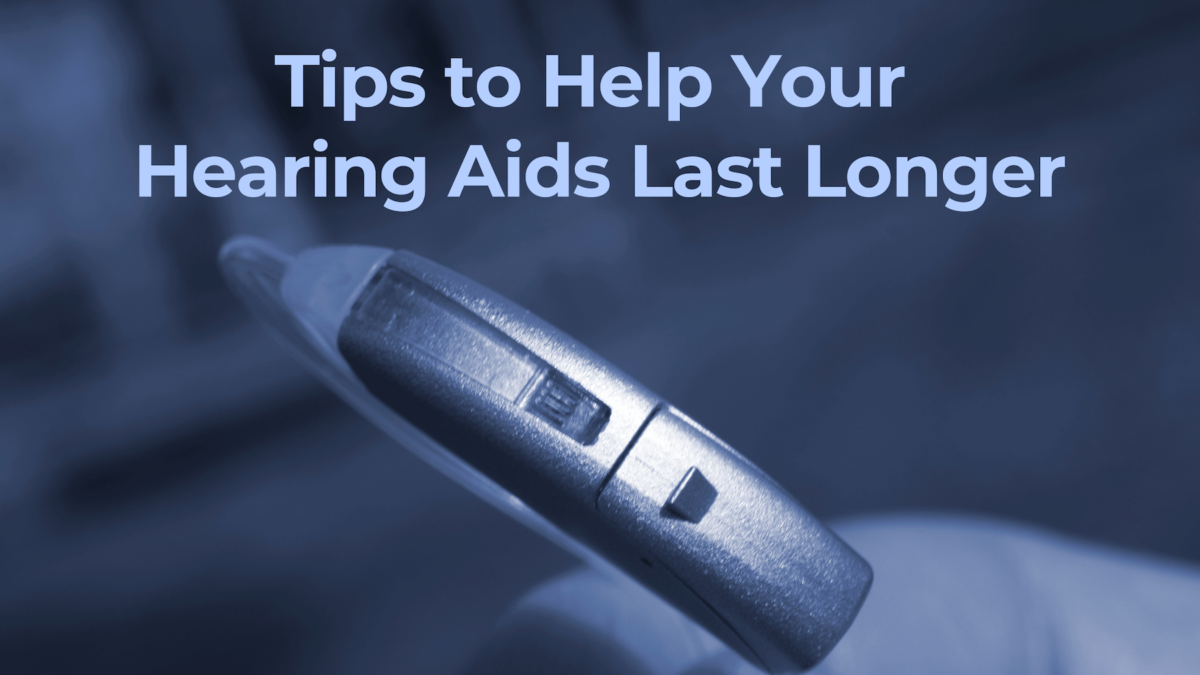If you’ve made the choice to get hearing aids, you are well on your way to a whole new world of hearing! Congratulations on getting yourself the assistance you need. Now that you have selected a pair of hearing devices, you will want to make them last as long as possible. With the remarkable technological innovations of the latest hearing aids, it should be no problem at all making them serve you well into the future. With just a few simple steps in mind, you can stretch out the functionality of your hearing aids as long as possible. Let’s take a moment to consider how you can extend the life of your hearing aids through basic maintenance and care.
Regular Cleaning
When it comes to cleaning your hearing aids, you don’t need to jump through any hoops to keep them in top shape. In fact, cleaning generally entails simply wiping down your hearing aids with a dry, clean cloth on the exterior where waxy buildup and debris can accumulate. You might want to purchase a couple small tools to reach into the other components, such as the microphone and speaker openings. A wire loop or small wax brush can enable you to remove wax and debris from these openings without damaging the aids themselves. If you find that any more advanced cleaning is necessary, consult with your hearing health professional before performing it. You wouldn’t want to accidentally do more harm than good.
Keeping the Battery Charged
One of the only tasks you need to perform with your hearing aids will be to replace the battery. At first it might feel like a mystery to you how often you need to change it, but with time you will discover the regular routine for replacing batteries. In the worst case, batteries can last as little as two to three days, depending on your duration of use. If you find that happening to you, take the additional step of opening the battery compartment door at night. This action will separate the battery from the metal components, making sure it doesn’t drain on its own. If you have rechargeable batteries in your hearing aids, these units simply need to be stored in the charging dock each night, just like a smartphone or other device.
Remove Moisture
In the unfortunate event that your hearing aids are submerged in water, you will need to thoroughly dry them out as soon as possible. The first step is to absorb any external moisture as soon as possible with a clean, dry cloth or towel. Make sure you are not introducing debris into the system with this drying process. In addition to this surface drying, you can also invest in a hearing aid dryer. This device allows you to store your hearing aids in a location that eliminates moisture in the air, as well. Particularly those who live in a humid climate can find that hearing aids corrode when the metal parts are constantly exposed to humidity. Storing your hearing aids in a drying device each night makes it possible to keep them from internal rust.
Service and Maintenance
Although it is seldom necessary, you can bring your hearing aids to a licensed professional for service and maintenance every now and again. Many repairs can be performed by your hearing health professional, but others will require them to mail the units to a certified repair technician. If you notice anything unusual about your aids, including a crack in the casing or an opening that appears to be widening, don’t hesitate to ask your hearing health professional what to do about it. You might be able to do some basic maintenance at home, but you will only want to do so under the advising of your hearing health professional. Once again, don’t risk doing more harm than good to your units in an attempt to extend their life.
With these tips in mind, you will find that your hearing aids last you long into the future. They are designed with durability in mind, so you can rest assured that they can withstand regular wear and tear. If any issue comes up, you know who to call: us! Contact us today if you have any questions or concerns about your hearing aids. We’re here to help!

